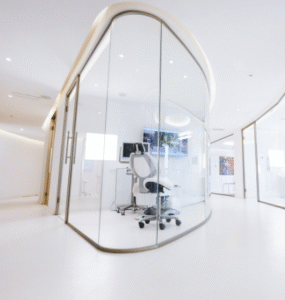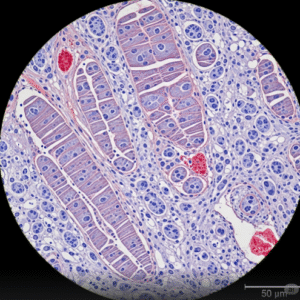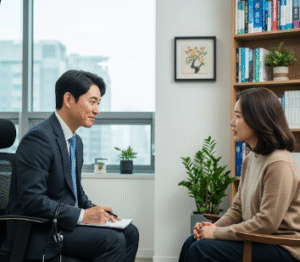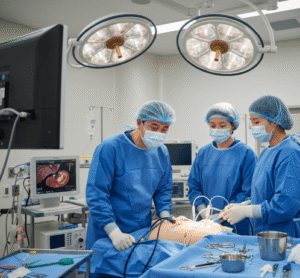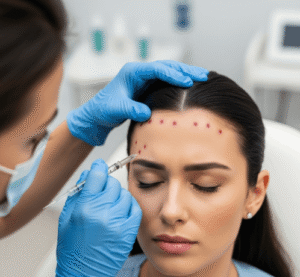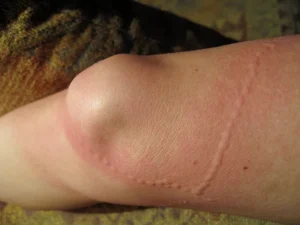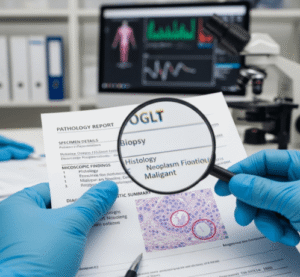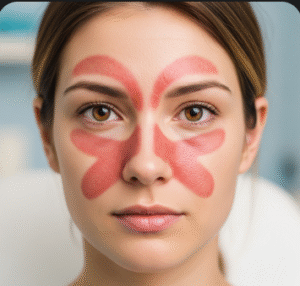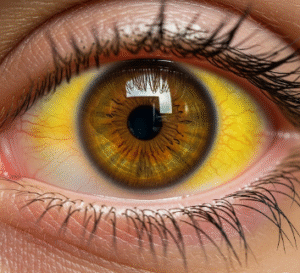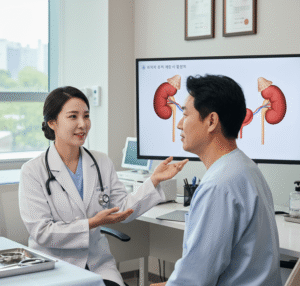Overview
Jet lag is a temporary sleep and body clock disorder caused by traveling across multiple time zones. It occurs when your internal circadian rhythm (biological clock) is out of sync with the local time. In Korea, where many international travelers and business professionals frequently arrive from different continents, managing jet lag effectively is important for quick adjustment and maintaining productivity.
What is Jet Lag?
Jet lag, also called desynchronosis, is a condition that results from a mismatch between your internal body clock and the external environment after long-distance travel. It often leads to fatigue, difficulty sleeping, mood changes, and decreased alertness.
Symptoms
- Fatigue and daytime sleepiness
- Insomnia or poor-quality sleep at night
- Difficulty concentrating
- Irritability or mood swings
- Digestive issues (constipation, diarrhea, appetite changes)
- General feeling of unwellness
Causes
- Rapid travel across time zones (especially eastward travel)
- Disruption of the circadian rhythm
- Changes in light exposure affecting melatonin production
- Inconsistent meal and sleep schedules during travel
Risk Factors
- Traveling across more than 3 time zones
- Frequent flyers and international business travelers
- Older adults (may take longer to adjust)
- Pre-existing sleep disorders or poor sleep habits
- Stress or irregular routines
Complications
- Reduced work or study performance
- Increased risk of accidents due to fatigue
- Exacerbation of underlying health conditions (rare)
- Persistent sleep disturbances if not managed
Prevention
- Gradually adjust sleep schedule before traveling
- Stay hydrated and avoid alcohol and caffeine during flights
- Get exposure to natural light in the morning upon arrival
- Take short naps if necessary but avoid long daytime sleep
- Maintain a consistent meal and sleep schedule
Treatment Options in Korea
Korea offers comprehensive healthcare and travel wellness support to manage jet lag:
- Sleep Clinics & Specialists
- Large hospitals like Seoul National University Hospital, Samsung Medical Center, and Asan Medical Center have sleep medicine departments.
- Melatonin & Supplements
- Over-the-counter melatonin is available in some pharmacies and wellness stores. Doctors may recommend controlled use.
- Light Therapy
- Some clinics and wellness centers provide light therapy devices to reset circadian rhythms.
- Behavioral & Lifestyle Adjustments
- Korean wellness programs often focus on diet, exercise, and sleep hygiene to improve recovery.


